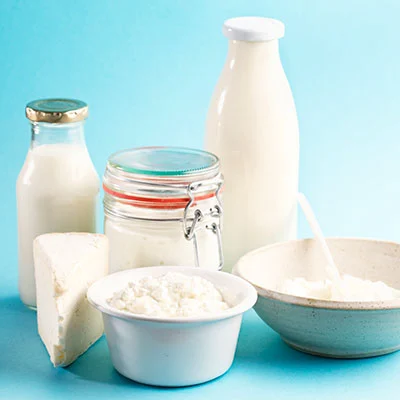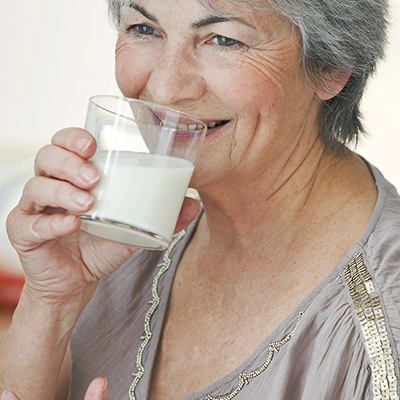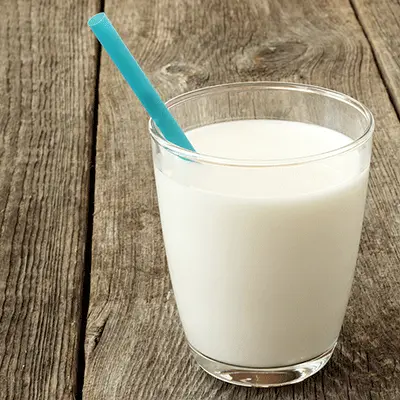Can Drinking Milk Cause Asthma or Make Symptoms Worse?
Misperceptions about milk's effect on the respiratory tract cause some people with asthma to think drinking milk will worsen their symptoms, and others believe drinking milk may cause children to develop asthma.
The truth is that asthma symptoms can be triggered by exercise, and family history or occupational exposure to fumes or dust increase the likelihood of developing asthma. The current scientific literature suggests that drinking milk or eating dairy foods is not a culprit.
Asthma, a chronic disease, causes the airways of the lungs to become inflamed, narrow and swell and can be a serious and even life-threatening problem. The current body of research indicates milk and other dairy foods do not cause or worsen asthma symptoms. If you are a health and wellness professional, it’s important to have the facts so you are able to answer questions from the public and steer people to reputable, evidence-based sources of information.
Asthma symptoms
Common triggers of asthma symptoms include allergens such as cockroaches, dust mites, pet dander, mold, pollen, etc., irritants in the air (e.g., cigarette smoke, pollution, chemicals, etc.), certain medicines, viral upper respiratory infections, physical activity or some food preservatives.
However, research shows food-induced asthma is very rare. Avoiding specific foods has not been shown to improve asthma, even in patients who may believe that a particular food worsens their condition. When it comes to cow’s milk, for example, a randomized, double-blind, placebo-controlled cross-over study of 25 adults with mild asthma and no history of cow’s milk allergy or lactose intolerance found no decrease in lung function or increase in symptoms including a runny nose, cough or bronchospasm after drinking cow’s milk vs. consuming a placebo.
Asthma and food allergy
Although food rarely triggers asthma symptoms, a public perception that asthma can be induced by food persists, according to a scientific review. The fact that food allergy and asthma can be interrelated adds to the confusion. This is what we know:
- The presence of a food allergy is a risk factor for developing asthma, including life-threatening asthma.
- People with underlying asthma may experience more severe allergic food reactions (anaphylaxis).
While acknowledging this interrelationship, it’s important to keep recommendations for food allergy and asthma separate. The treatment for cow’s milk allergy is avoidance. However, avoiding milk and other dairy foods is not a recommended treatment for asthma, in fact, removing any food group from your eating plan can have a negative impact on your nutrient intake.
While there is no special asthma diet or specific foods that reduce airway inflammation, enjoying a balanced, healthy eating plan and maintaining a healthy weight are an important part of an overall healthy lifestyle. It’s important to encourage people with asthma to develop a strong partnership with their doctor and other health care providers to most effectively and safely manage their condition.
For more information about asthma and its management, visit the National Heart, Lung and Blood Institute: Asthma, the American Academy of Allergy Asthma and Immunology, the Center for Disease Control and Prevention: Asthma and the American Lung Association.















